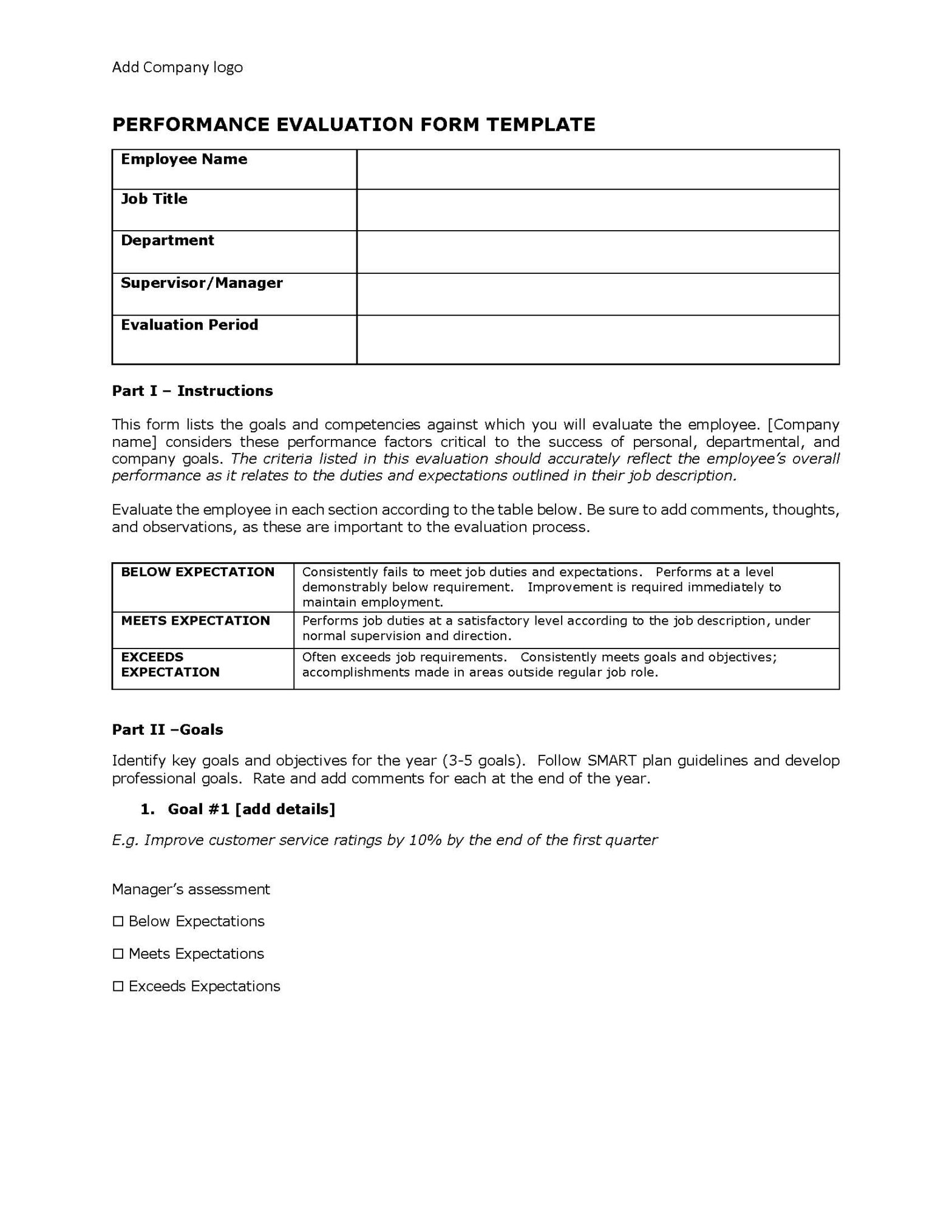December 6, 2023
Does Legalization Change the Duty of Care for Liquor Licensees?
Liquor licensees in British Columbia are not permitted to sell cannabis or allow it to be used on premises where alcohol is served. (The one exception is that a private retail liquor store may be able to share a common foyer with a retail cannabis store.)
However, because licensees have a duty of care not to serve patrons who appear intoxicated, they need to be aware of the impact of cannabis use.
It is well established that liquor licensees have a duty of care to their patrons not to overserve, and must stop serving customers who show signs of intoxication. If a patron does appear impaired, licensees should take reasonable steps to ensure they do not drive after leaving the establishment, and are delivered to someone who is sober.
With a projected increase in recreational cannabis use, licensees will also need to recognize the impact of this and watch for patrons arriving at bars and restaurants already impaired by cannabis.
A 2008 Ontario case illustrates the need for liquor licensees to monitor not just alcohol consumption, but other intoxicants as well. A restaurant was found to be in violation of the Liquor Licence Act when undercover officers saw patrons being served alcohol on the premises, despite their visibly using cannabis, smelling like cannabis, and showing signs of intoxication.
Legal Cannabis Use
A 2021 Government of Canada survey found that 25% of Canadians use cannabis and that most users are youth and young adults – the same demographic that frequents alcohol establishments.
The available ways to use the drug have also increased. Rules related to the legal production and sale of edible and concentrated forms of cannabis were legalized in 2019, which has resulted in the availability of cannabis-infused candies, drinks, and other edible products.
Monitoring cannabis intoxication is complex. Different strains and forms can produce different levels of impairment, and the co-use of alcohol and cannabis can have a more intense effect than either one alone; cannabis can increase the effect of alcohol, making a person seem more intoxicated than expected for a given number of drinks.
The risk of motor vehicle accidents also rises with the use of cannabis, and is further increased with the combined use of cannabis and alcohol. Accordingly, Canada’s Criminal Code has supplemented existing drug-impaired driving laws with three new offences to restrict the co-use of alcohol and cannabis.
The bottom line is that more people with ready access to cannabis may mean more intoxicated patrons who may pose a greater risk to themselves and the public. This, in turn, will add to the liability exposure for liquor licensees.
How Can Liquor Licensees Discharge Their Duty of Care?
Liquor licensees should ensure their house policies accommodate the greater risk posed by recreational cannabis use, both inside and outside their premises. Points to cover include:
- training staff to recognize impairment caused by cannabis,
- watching for patrons using cannabis outside the premises,
- watching for patrons who smell like cannabis,
- monitoring and refusing further service to patrons who appear impaired even if they have had little to drink,
watching for patrons who are not using alcohol, but appear to be intoxicated from cannabis, and taking reasonable steps to ensure they do not leave the premises and operate a motor vehicle, and having protocols, policies and training in place to deal with impaired patrons
Return to top

